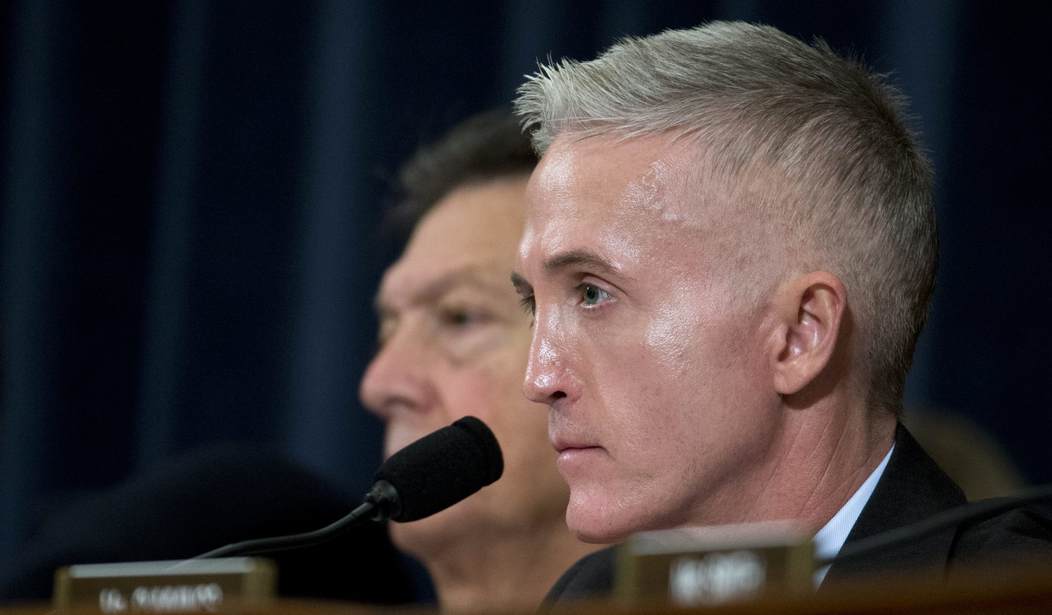Sen. Bob Menendez (D-N.J.) confronted Secretary of State John Kerry today with a Government Accountability Office report casting doubt on the monitoring needed to enforce the Iran nuclear deal.
Menendez, Sen. Mark Kirk (R-Ill.) and Rep. Nita Lowey (D-N.Y.) requested last year that the GAO study the ability of the International Atomic Energy Agency to verify that Iran is complying with the Joint Comprehensive Plan of Action.
“GAO’s preliminary observations indicate that IAEA may face potential challenges in monitoring and verifying Iran’s implementation of certain nuclear-related commitments in the JCPOA,” the report states, including “access challenges depending on Iran’s cooperation and the untested JCPOA mechanism to resolve access requests” and “the inherent challenge of detecting undeclared nuclear materials and activities—such as potential weapons development activities that may not involve nuclear material.”
The final report from the GAO is due later this year, and includes review of the P5+1 deal, IAEA documents and interviews, U.S. government officials and lab experts.
Menendez noted that while the IAEA has “focused virtually all of their resources to pursue the JCPOA, they are going to have very little resources.”
“They turn away from other proliferators and potential proliferators,” he said. “Finally, among other items, the IAEA’s own estimates has identified the need for approximately $10 million per year for 15 years over and above its present budget. Thus, it is an agency that is understaffed for its purposes, losing technical assistance, people are leaving, and now has a singular focus.”
“Now, I applaud that focus, but I want them to pursue other proliferators. And a budget that does not have the wherewithal to sustain it just for the focus of the JCPOA,” Menendez continued.
“So, shouldn’t Iran, who violated international norm and international law, ultimately be the entity to pay since they are now flush with money that we have given them or returned to them? Shouldn’t they be the ones to pay for the very essence of monitoring that they caused the need for in the first place?”
Kirk said in a statement that his “biggest takeaway” from the GAO’s report “is lawmakers must come together in a bipartisan manner now to create an insurance policy for imposing crippling pressure if and when Iran once again cheats on nuclear inspections as it has so many times in the past.”
“International inspectors, according to the GAO’s interim report, still face an ‘inherent challenge’ in detecting undeclared nuclear activities, including weapons development activities and centrifuge manufacturing,” Kirk said. “The report also cites concerns the IAEA’s decision to end investigations into Iran’s past nuclear weapons activities that ‘could reduce the indicators at the IAEA’s disposal to detect undeclared activity.’”
“Indeed, GAO also warns the nuclear deal’s mechanism for IAEA inspectors to gain access to Iranian sites suspected of having undeclared nuclear activities remains ‘untested’ and cautions ‘it is too soon to tell whether it will improve access.”
Kerry was testifying on the administration’s budget request for the State Department, and stressed “we are confronted today by perils that are as old as nationalist aggression and as new as cyber warfare by dictators who run roughshod over global norms and by violent extremists who combine modern media with medieval thinking to wage war on civilization itself.”
“I see, we see, all of us in here a lot of hand-wringing nowadays, but I for one, with all my affection and respect for all of my colleagues around the world that I work for, I wouldn’t switch places with a foreign minister of any country and nor do I yearn to retreat to some illusionary golden age of the past,” Kerry said, touting the “historic multilateral accord with Iran” that is “making the world safer for us and our allies.”









Join the conversation as a VIP Member